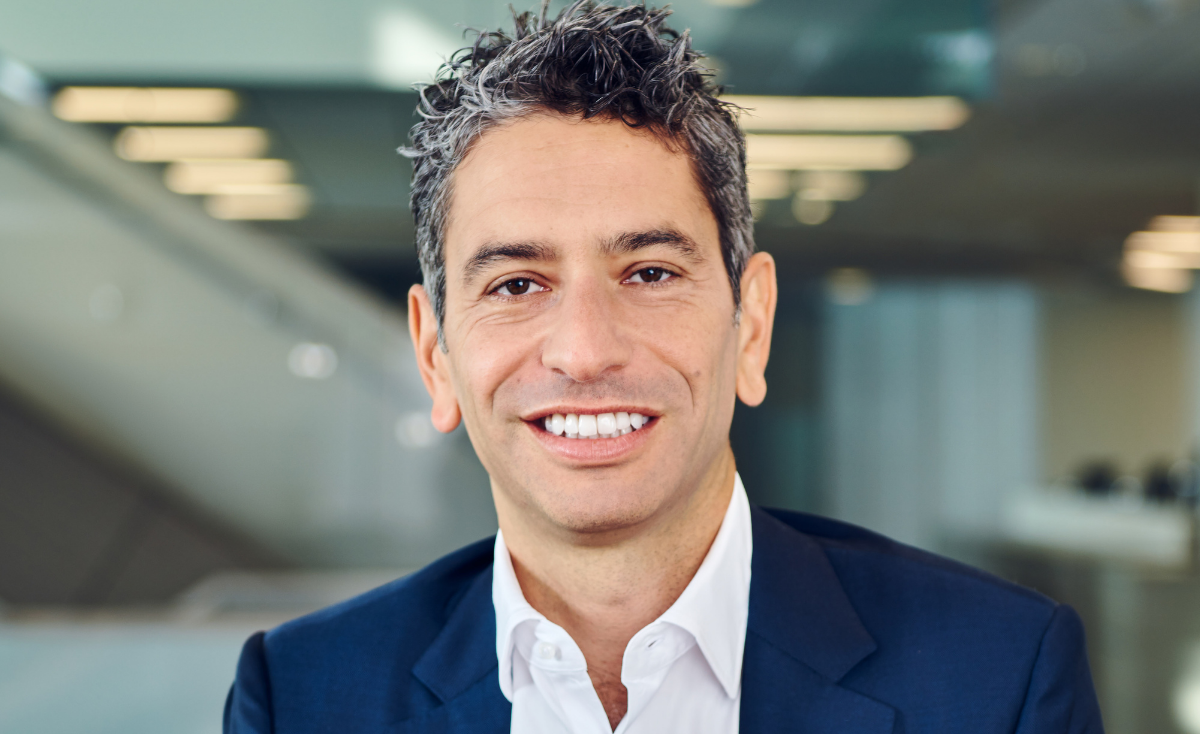
Vlad Barbalat: Perhaps the biggest impact has been to further question the role and yield-potential of traditional fixed income – especially on a real vs. nominal return basis.
We’ve been living the “lower for longer” trend for quite some time, but the pandemic accelerated the trend and made the issue all that more acute.
Rates may be modestly rebounding now, but that is driven by a unique and an uneven economic recovery, and in part by inflation expectations – also no friend to insurers.
“The role of fixed income for insurance companies is unique and
thus the challenge is worth calling out.”
Still, as the economic adjustment normalises over the next twelve months, we expect the underlying long-term trend of a low interest rate regime to hold.
As a result, we face return pressure across the board, but the role of fixed income for insurance companies is unique and thus the challenge is worth calling out.
These trends of course also underscore the need for a close partnership between insurance capital and insurance operations – or in other words – we are one firm and one balance sheet.
While asset returns have been strong, all roads lead to greater focus on reducing combined ratios, acceleration of technological disruption and rediscovery that insurance companies can be nimble.
Vlad: Insurance investors face many of the same risks all investors face. These include risks directly related to the pandemic itself, rising inflation (be it only in the short term or persistent), a contraction of valuation multiples, potential policy mistakes, failing to anticipate changes in the Fed’s reaction function - the list goes on.
But in addition, we also risk complacency. By this I mean the risk of continuing to default to so-called ‘norm’ or to the expectation that things will someday be ‘normal’ again.
This posture takes our eye off the possibilities offered by disruption, which I clearly see as a key risk and a potential advantage.
“It’s too easy to default to an expectation that things will return to
‘normal’. Most things won’t.”
Those who are quicker to recognise the level and depth of change we are experiencing across all facets of our lives and our industries will also be that much quicker to capitalise on it.
A few examples of these foundational changes include exponential digitisation and data-driven decision making, work-from-home and talent management, reimagining of physical infrastructure and energy generation in particular, decentralised finance, web3, and even the commercialisation of Space.
It’s too easy to default to an expectation that things will return to ‘normal’. Most things won’t.
Vlad: It is no secret that we are long-standing investors in the energy transition and infrastructure, and we see many opportunities to capitalise on that expertise as we emerge from the pandemic and pivot to investment in decarbonisation.
We know how to execute on opportunities in this space. We are also long-standing venture capital investors, and while we acknowledge that the pandemic has played a big role in accelerating the pace of change, we do not necessarily see that pace slowing significantly after the recovery.
“Ultimately, our job is not to predict the future, but to be
prepared for it.”
In fact, in some ways we believe the pandemic has proven how rapidly organisations can innovate and adapt, and this experience may serve as a catalyst for even more rapid innovation going forward.
Lastly, we have deep capabilities and are participating in the evolution of private credit and real estate markets.
However, if I had to sum it all up, I am deeply optimistic about the future. We are facing a unique decade, full of tremendous opportunities, built on the reinvigorated spirit of entrepreneurship and innovation.
Ultimately, our job is not to predict the future, but to be prepared for it. To that end, at our firm we like to remember a Roman proverb, “fortune favours the prepared mind".
With so much change and so much opportunity, it’s a great time to be an investor.